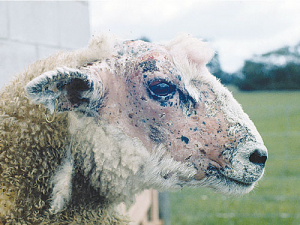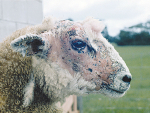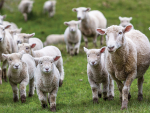With NIWA signalling warm, wet conditions across the North Island over December, farmers are being encouraged to take preventive measures against facial eczema (FE).
FE is estimated to cost the country $200 million annually as affected stock suffer liver and skin damage, reduced fertility, reduced milk and meat production.
Above average temperatures and rainfall are ideal conditions for the fungus, which causes FE to thrive. Spore production occurs when soil temperatures exceed 12 degrees for three consecutive nights and soil moisture is favourable or air conditions are humid.
“After reduced milk production through the spring, the last thing farmers need is another potential brake on it as summer progresses,” says SealesWinslow science extension officer, Natalie Hughes. “Prevention is the best approach and starting early with zinc supplementation is a good tactic to get the best protection.
“It takes time to build up protective levels of zinc in animals, so dosing should start two to three weeks before you would expect spore counts to rise. Given NIWA’s outlook for warm wet conditions through to the end of the year, supplementation could be needed in early December.”
Hughes says zinc can be sprayed on pasture, dispensed in water, given in boluses or mixed into feed. However, she warns that long-term use can lead to copper deficiencies in the herd’s diet, which also leads to lost production.
“This can be overcome by using a product like SealesWinslow ZincMax+ which contains organic copper, as well as a peppermint flavouring to offset the bitter taste of zinc which can often make cows reluctant to drink the dosed water.”
Hughes also advises farmers that good pasture management can help guard against rising spore counts.
“Matching the rotation to feed supply will help ensure grass growth is optimised,” she explains. “When grass becomes too long, dead matter can accumulate at the base of the sward which will increase FE risk.”











